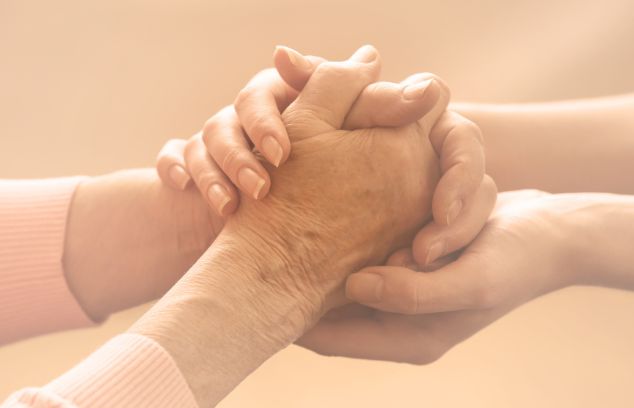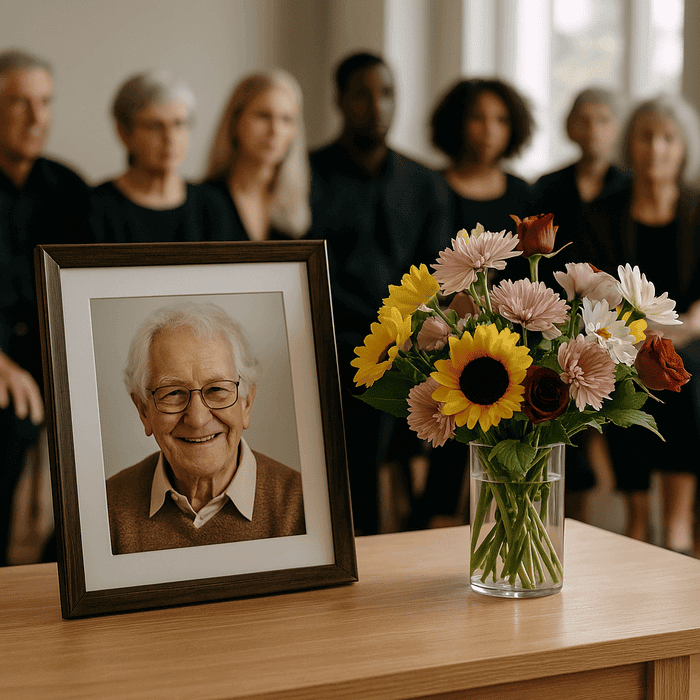5 Things To Know About End-of-Life Doulas

Important Things To Know About a Green Funeral & Burial
May 4, 2023
How To Choose the Right Burial Clothes for a Loved One
May 30, 2023A doula is a person specializing in end-of-life directives for the terminally ill and their loved ones. They are trained specialists who help families mentally, financially, and emotionally prepare for a loved one’s death. Here are five things to know about end-of-life doulas so you know if one is right for you.
Doulas Provide Holistic Support
A doula offers more than physical aid to the terminally ill; families look to them for holistic support. Many doulas identify with a faith background. Some practice religions such as Judaism, Christianity, or Islam; however, others take a secular approach to helping the terminally ill and their loved ones prepare for loss.
Generally, a doula guides the patient’s mind, body, and spirit to peace. But they also help foster connection and acceptance between families and their passing relatives in the final days of that person’s life. Doulas can help family members cope with their loved one’s passing.
Doulas Require Education
Becoming an end-of-life doula requires more than just a calm demeanor. Doulas are encouraged to seek higher education in medical-related fields, but it’s not required. A death doula must take a special training course and practice building experience by volunteering with hospice care facilities, assisted living centers, and hospitals.
Families seeking a doula should review each death doula’s experience and ensure they know how to handle death.
Doulas Help Patients With Their Directives
A death doula assists with finalizing wills, donations, and other directives that might be forgotten upon a patient’s death. A patient will go over final details with a doula, including legacy projects like cutting up an old shirt to create jewelry for their relatives to remember them by.
Doulas Aren’t Funeral Directors or Hospice Workers
Doulas typically don’t work in hospice care or run funeral homes. In fact, they usually work from home as contractors. They don’t organize funerals, and they don’t provide medical care. Rather, a doula is like a supportive friend, in a way. They’re there to guide families through tribulations and help them become comfortable with the passing of their loved ones.
Doulas Have Various Duties
Doulas have many duties, including supporting a dying person by helping to organize their physical space, assisting with or taking over caregiver duties, and helping others understand the signs of death. A doula can also act as a spiritual guide for the terminally ill patient and their family when needed.
A death doula is necessary for transitioning to the final phase of life. Now that you know more about what a death doula is and what they do, consider hiring one to help mend the spirit of your passing loved one. Remember how we said a death doula can help with final directives? That can be applied to memorial products. Work with your doula to order items from Honor You to help remember your loved one.


